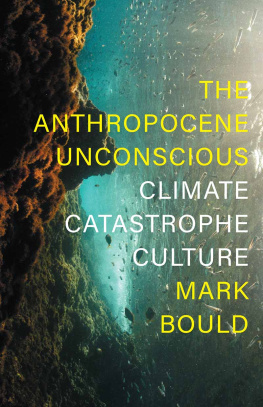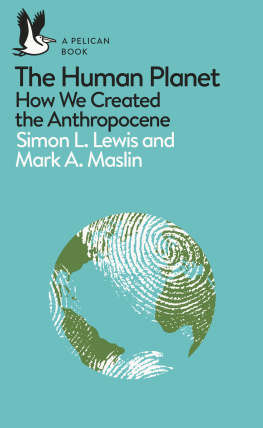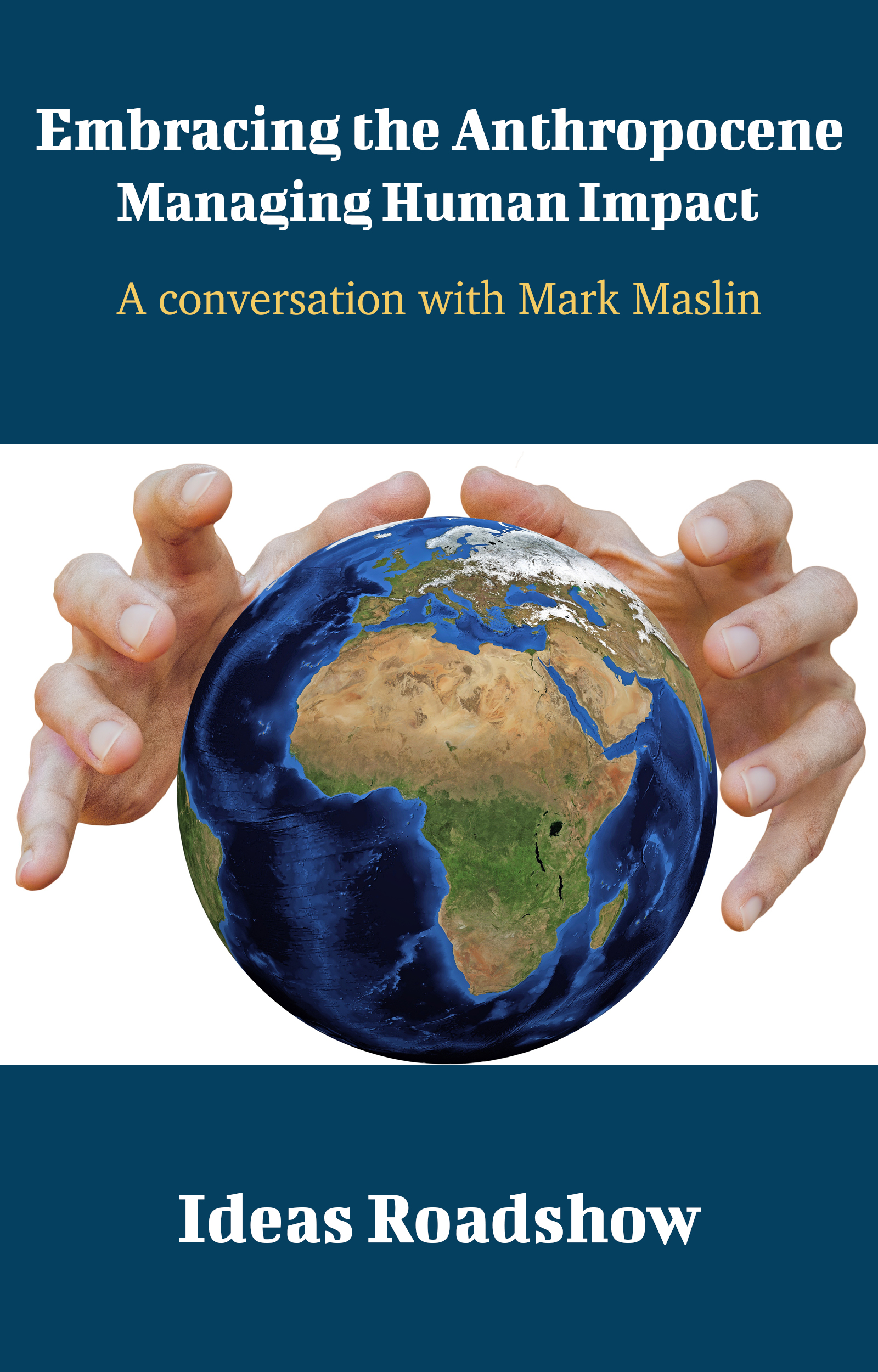Howard Burton - Embracing the Anthropocene: Managing Human Impact: A Conversation with Mark Maslin
Here you can read online Howard Burton - Embracing the Anthropocene: Managing Human Impact: A Conversation with Mark Maslin full text of the book (entire story) in english for free. Download pdf and epub, get meaning, cover and reviews about this ebook. year: 2021, publisher: Open Agenda Publishing, genre: Art. Description of the work, (preface) as well as reviews are available. Best literature library LitArk.com created for fans of good reading and offers a wide selection of genres:
Romance novel
Science fiction
Adventure
Detective
Science
History
Home and family
Prose
Art
Politics
Computer
Non-fiction
Religion
Business
Children
Humor
Choose a favorite category and find really read worthwhile books. Enjoy immersion in the world of imagination, feel the emotions of the characters or learn something new for yourself, make an fascinating discovery.

- Book:Embracing the Anthropocene: Managing Human Impact: A Conversation with Mark Maslin
- Author:
- Publisher:Open Agenda Publishing
- Genre:
- Year:2021
- Rating:5 / 5
- Favourites:Add to favourites
- Your mark:
Embracing the Anthropocene: Managing Human Impact: A Conversation with Mark Maslin: summary, description and annotation
We offer to read an annotation, description, summary or preface (depends on what the author of the book "Embracing the Anthropocene: Managing Human Impact: A Conversation with Mark Maslin" wrote himself). If you haven't found the necessary information about the book — write in the comments, we will try to find it.
This book is based on an in-depth conversation between Howard Burton and Mark Maslin, Professor of Geography at University College London. The conversation explores Prof. Maslins research on the Anthropocene which according to his definition began when human impacts on the planet irrevocably started to change the course of the Earths biological and geographical trajectory, leading to climate change, loss of biodiversity, deforestation, and more.
This carefully-edited book includes an introduction, On Being A Superpower, and questions for discussion at the end of each chapter:
I. Becoming A Geographer - A serendipitous journey
II. The Anthropocene - Exploring three starting dates
III. What We Know - Ice ages, snowballs and hockey sticks
IV. Unchecked Opinion - Examining beliefs
V. Planetary Perspectives - Which type of Anthropocene do we want?
VI. Becoming Social - Investigating a watershed moment
About Ideas Roadshow Conversations Series (100 books):
Presented in an accessible, conversational format, Ideas Roadshow books not only explore frontline academic research featuring world-leading researchers, including 3 Nobel Laureates, but also reveal the inspirations and personal journeys behind the research. Howard Burton holds a PhD in physics and an MA in philosophy, and was the Founding Director of Canadas Perimeter Institute for Theoretical Physics.
Howard Burton: author's other books
Who wrote Embracing the Anthropocene: Managing Human Impact: A Conversation with Mark Maslin? Find out the surname, the name of the author of the book and a list of all author's works by series.









